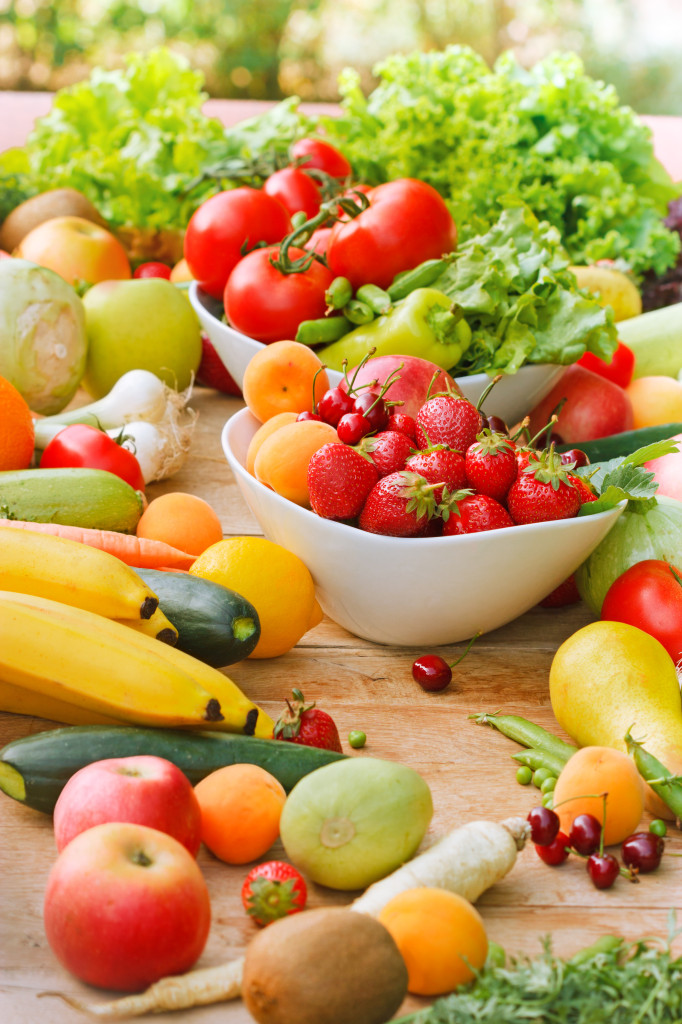- Calls to this hotline are currently being directed to Within Health, Fay or Eating Disorder Solutions
- Representatives are standing by 24/7 to help answer your questions
- All calls are confidential and HIPAA compliant
- There is no obligation or cost to call
- Eating Disorder Hope does not receive any commissions or fees dependent upon which provider you select
- Additional treatment providers are located on our directory or samhsa.gov
Orthorexia & Healthy Eating – Where to Draw the Line

Contributed by Canopy Cove
Orthorexia and Healthy Eating
What is considered “healthy” eating can concisely be defined as “eating a variety of foods that give you the nutrients you need to maintain your health, feel good, and have energy [1].” The initial intention of this is often to improve daily living by nourishing oneself in a way that promotes individual optimal functioning and decerning between Orthorexia and healthy eating.
The sad truth is that this concept has now been distorted less to focus on adequately fueling the body but more to obtain a particular physical appearance.
This is often where the road begins to divide between conscious consuming for self-care and harmful restriction.
Orthorexia
Orthorexia is literally translated to correct (“ortho”) and appetite (“orexis”) and is characterized by just that – an obsessive fixation on consuming what the individual considers to be “healthy” food [2].
Individuals diagnosed with orthorexia are often seen to have “a restrictive diet, ritualized patterns of eating, and rigid avoidance of foods believed to be unhealthy or impure [3].”
Essentially, Orthorexia is “healthy” eating that has become its own worst enemy – “unhealthy.” If any of this sounds familiar, it can’t hurt to discuss your concerns with your PCM, therapist, or a trusted person.
Get Out of the Box
 A clear sign that the quest for “healthy” eating has gone too far is if you feel limited.
A clear sign that the quest for “healthy” eating has gone too far is if you feel limited.
People fixated on eating only the best and “healthiest” will often begin creating restricting food rules around what is acceptable or unacceptable to consume.
These rules may revolve around nutritional content, ingredients, or the way the food I farmed/produced.
Either way, if the list of things you can’t/won’t eat has become longer than the list of things you can, it is time to consider seeking support.
Stop calling Orthorexia and Healthy Eating the Same Thing
Orthorexia nervosa is often characterized by the individual classifying varying types of food in black-and-white categories such as “good” or “bad,” “dangerous” and “safe,” or “healthy” and “unhealthy.”
These contrasting categories leave little room for the grey area that takes into consideration the individual body and experience. A person could be cutting out a specific food because the quality is not up to their standards or they have read it is “bad” or “impure.”
Examine what food rules you have created, if they are divided into unrealistic binary categories, you may be at risk for Orthorexic behaviors.
The truth is food has no moral identity, and neither does eating. Simply put, food is food and eating is eating.
References:
[1] Unknown (2018). What does healthy eating mean? Retrieved on December 10, 2018 from https://www.breastcancer.org/tips/nutrition/healthy_eat. [2] Fugh-Berman, A. (2001). Health food. Journal of the American Medical Association, 285:17, 2255-2256. [3] Koven, N., Abry, A. (2001). The clinical basis of orthorexia nervosa: emerging perspectives. Neuropsychiatric Disease and Treatment, 11, 385-394.About Our Sponsor:
Canopy Cove Eating Disorder Treatment Center is a leading residential Eating Disorder Treatment Center with 25 years’ experience treating adults and teens who are seeking lasting recovery from Anorexia, Bulimia, Binge Eating Disorder and other related eating disorders.
 About the Author:
About the Author:
Margot Rittenhouse, MS, PLPC, NCC, is a therapist who is passionate about providing mental health support to all in need and has worked with clients with substance abuse issues, eating disorders, domestic violence victims, offenders, and severely mentally ill youth.
As a freelance writer for Eating Disorder Hope and Addiction Hope and a mentor with MentorConnect, Margot is a passionate eating disorder advocate committed to de-stigmatizing these illnesses while showing support for those struggling through mentoring, writing, and volunteering. Margot has a Master of Science in Clinical Mental Health Counseling from Johns Hopkins University.
The opinions and views of our guest contributors are shared to provide a broad perspective of eating disorders. These are not necessarily the views of Eating Disorder Hope but an effort to offer a discussion of various issues by different concerned individuals.
We at Eating Disorder Hope understand that eating disorders result from a combination of environmental and genetic factors. If you or a loved one are suffering from an eating disorder, please know that there is hope for you, and seek immediate professional help.
Published on December 18, 2018.
Reviewed & Approved on April 12, 2024, by Baxter Ekern, MBA
Published on EatingDisorderHope.com

The EatingDisorderHope.com editorial team comprises experienced writers, editors, and medical reviewers specializing in eating disorders, treatment, and mental and behavioral health.

